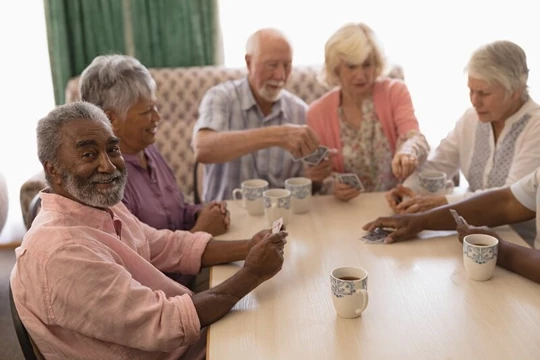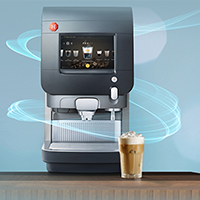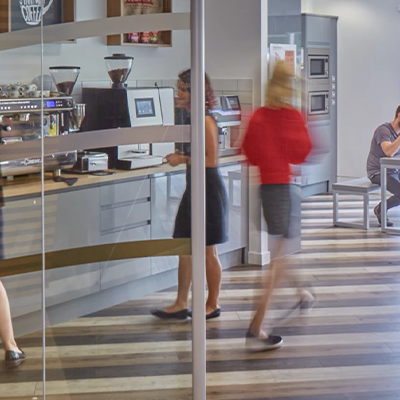The Role of Hot Drinks in Hydration
Hydration of the elderly is an emotive subject and one that sadly hits the headlines all to often. It has become such an issue that the government can now prosecute elderly care home settings that fail to look after their residents’ needs. Research suggests one in five older people living in care homes do not drink enough fluid, and those with dementia six times more likely to be dehydrated.* A very real problem, exacerbated when elderly people live at home without a carer, it’s reported 25% do not drink enough.*
It is a common problem that can be avoided with easy to implement tips and safeguards.

Why is it so important for the elderly to stay hydrated?
Elderly adults are among the most at risk, and dehydration is one of the most common causes of hospital admission in the over 65s.** As a natural part of the aging process, our bodies undergo physiological changes that increase our risk of becoming dehydrated. With ageing, the total water content of the tissue decreases, and loss of hydration also adds to the inelasticity and stiffness. Alterations in the basal metabolic rate and slowing metabolism (as part of the physiological ageing process) result in muscle changes. This leads to the replacement of proteins with fatty tissue (that makes muscle less efficient).
Being dehydrated can also cause confusion*** in the elderly as well as an increased risk of infection, heart disease and even falls. Research has shown that anxiety among residents in care homes could be reduced if they were well hydrated.
Dehydration can also cause headaches when a person loses electrolytes that your body needs to perform normal functions. This could be a result of blood vessels tightening as the body tries to maintain enough fluid.
Coffee solutions for healthcareWhy is dehydration an ongoing issue?
There are many reasons why elderly people are less inclined to stay hydrated. As we get older, we tend to lose our sense of thirst. So, an elderly person may not feel thirsty even though they are clinically dehydrated.
There are several other reasons why older people may not be inclined to drink. Anxiety around incontinence can play a role in drink avoidance, a lack of social contact as no one to have a hot drink with, or simply because getting up to make a drink is challenging.

How can it be prevented?
- Think outside the glass! Water comes in many forms. Fruit such as melon has a very high water content and most vegetables are a good source. Milk shakes, smoothies or even lollies are a treat way to hydrate. Hot drinks throughout the day tough are relaxing and a sociable way to stay well-watered – looking after body and mind.
- Make drinks easily accessible. An insulated mug with an easy open lid or water bottle is a great way to make sure drinks are always on hand. Make self- serve coffee stations easy, safe and more so than ever, hygienic!
- Make certain drinks a part of the day. A mid-afternoon coffee is good to ensure liquids are consumed after lunch time when residents may hide thirst behind feeling full.
- In elderly residential care settings, a hot drinks trolley at set times of the day can be a nice sociable way to get elderly people drinking and chatting – to become a moment to look forward to.
Health & wellbeing - the role of hot drinks
Beyond the social benefits, vital to wellbeing. Hot drinks specifically have an evidenced impact on health.
Steam can help elevate some sinus pressure caused by colds and nasal allergies.**** Hot water can expand the blood vessels, improving circulation and allowing muscles to relax. This can help reduce pain and potentially improve circulation and blood flow.
A hot drink can help people that feel anxious more relaxed….whatever their age! Plus, it’s a great way to stay connected with others.










